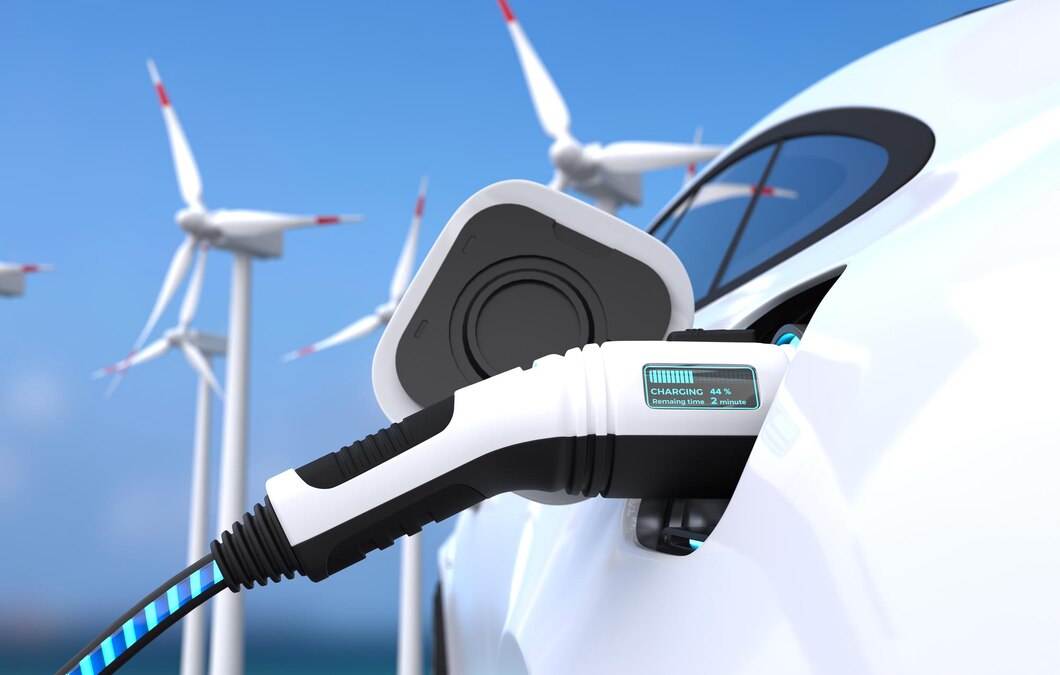Botswana is making significant strides in entering the New Energy Vehicle (NEV) market, a vital step towards modernizing its transportation sector and embracing sustainable practices. Through strategic collaborations with two prominent Chinese automobile manufacturing companies, the country aims to leverage technology and innovation to advance its transportation infrastructure and promote electric vehicle (EV) adoption.
Strategic Meetings in Beijing
In a pivotal move, President Dr. Mokgweetsi Masisi met with representatives from these Chinese companies during the Forum on China-Africa Cooperation (FOCAC) held in Beijing, China. This meeting was not only a platform for fostering international relationships but also a crucial opportunity for Botswana to explore advancements in the automotive sector, particularly in NEVs.
During the discussions, President Masisi emphasized the government’s commitment to collaborating with partners to ensure that Botswana’s transportation sector evolves in line with global trends. He articulated a vision for integrating advanced technologies that will enable the country to transition to cleaner and more efficient transportation solutions.
Government Priorities: Co-Creation and Local Benefit
A central theme of President Masisi’s discussions was the government’s priority to co-create with its partners, ensuring that the benefits of this collaboration extend to the local population. The government aims to empower Batswana by creating opportunities within the value chains of electric vehicles. This includes not only the importation of technology but also the establishment of local manufacturing capabilities, skills training, and the development of a supportive ecosystem for EV maintenance and infrastructure.
The integration of NEVs into Botswana’s transportation framework aligns with global sustainability goals and the African Union’s agenda for green development. By prioritizing electric vehicles, the government seeks to reduce the country’s carbon footprint, improve air quality, and contribute to the global fight against climate change.
Expected Impact on the Transportation Sector
The collaboration with Chinese automobile manufacturers is expected to have a profound impact on Botswana’s transportation sector. Key areas of focus include:
- Technology Transfer: The partnership is set to facilitate the transfer of advanced technology and expertise in the production and maintenance of electric vehicles. This knowledge transfer will empower local engineers and technicians, enhancing the country’s capacity to manage and innovate within the automotive sector.
- Local Manufacturing Opportunities: By fostering local production of electric vehicles and components, Botswana aims to create jobs and stimulate economic growth. This move could also lead to a reduction in vehicle import dependency, bolstering the local economy.
- Infrastructure Development: The introduction of NEVs necessitates the development of supporting infrastructure, including charging stations and maintenance facilities. This infrastructure investment will not only benefit electric vehicles but also enhance the overall transportation network in Botswana.
- Environmental Sustainability: With the global shift towards sustainable energy solutions, the adoption of electric vehicles in Botswana represents a significant step towards reducing greenhouse gas emissions. This initiative aligns with Botswana’s broader environmental goals and commitments to sustainable development.
Botswana’s engagement with Chinese automobile manufacturing companies marks a pivotal moment in the country’s journey towards a sustainable transportation future. By prioritizing collaboration and local empowerment, the government aims to ensure that Batswana reap the benefits of the New Energy Vehicle market. As the initiative progresses, it has the potential to not only transform the transportation sector but also contribute to the country’s economic resilience and environmental sustainability. With the right investments and partnerships, Botswana is poised to emerge as a key player in the growing electric vehicle market, setting a precedent for sustainable development in the region.










